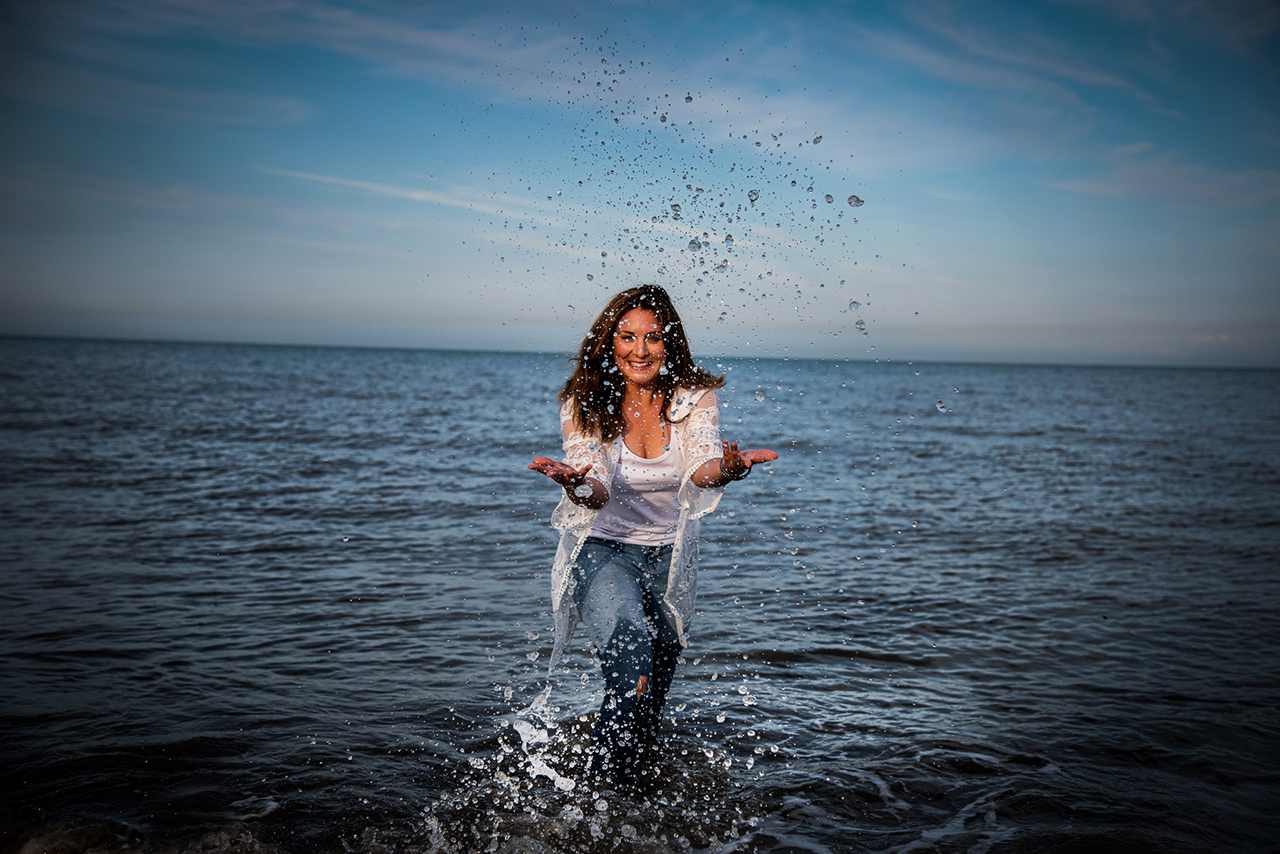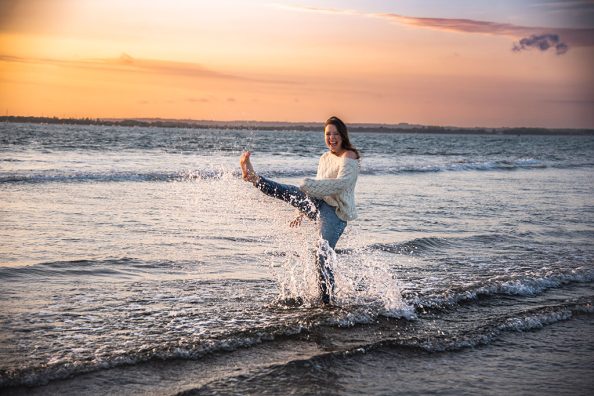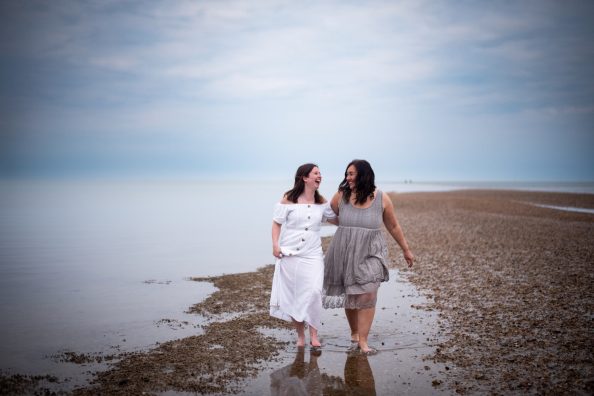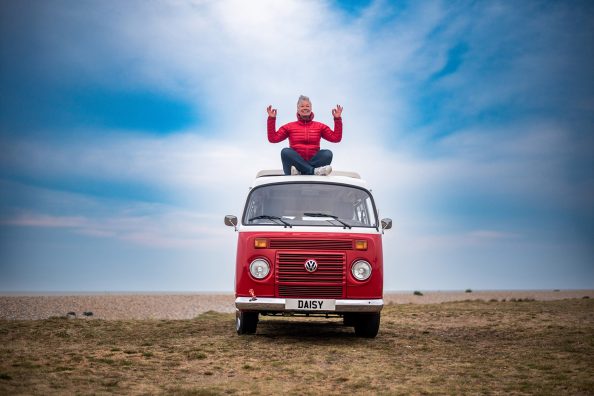Charlotte Burkett, of Bo Tree Baby Wellness, talks about her experience of dealing with a baby with special needs and how the ups and downs of her mental health has instilled her with a passion to help other mothers who are struggling. Yet another uplifting installment from my #makingwaves series – intrepid and inspirational women with an uplifting story to tell.
“I will never forget when the doctor told me that they thought there was something wrong with my baby. The moment they whisked him away from me can only be described as hell. As a mother, you’d do anything for your baby to be OK.”
A tear fell from both her blue eyes when she said these words to me. I too was welling up as I wrote them down in my notepad, on the table in the Boost Café at Whitfield, our cups of coffee half drank. The sun was streaming through the window, stinging my eyes as I looked encouragingly at her.
Charlotte Burkett’s second son, Edward, was admitted to the neonatal ward shortly after an uncomplicated birth. He had a noticeable head lag, low muscle tone and spent two weeks on the newborn intensive care unit (NICU) awaiting genetic investigations, blood work and observations.
“It was just totally unexpected,” Charlotte continued, dabbing her eyes with a napkin but persevering with the account of her experience. “I found it incredibly challenging to adjust to the idea that our son was potentially born with a medical or developmental need. I was frightened about what our future may look like, especially if any of his results returned positive for some of the suspected diseases or syndromes he was investigated for. Unfortunately, the nature of professionals is always to inform you of the worst-case scenarios. They couldn’t predict whether Edward would ever be able to sit, let alone walk.”
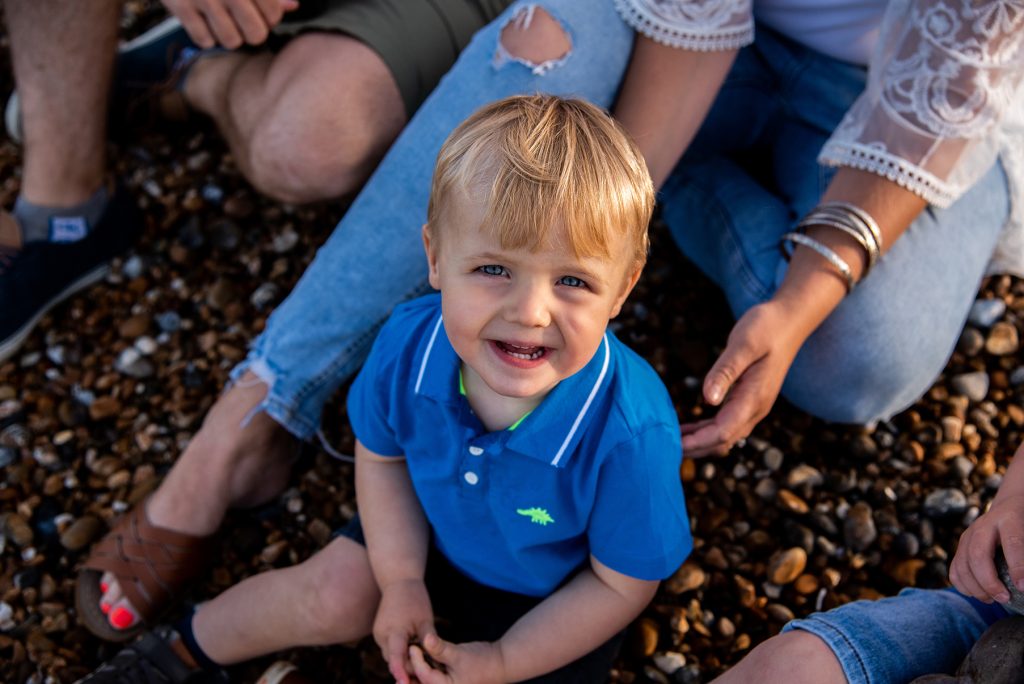
“Floundering in the unknown is the worst thing,” I said, recalling how I felt during the harrowing few weeks in 2020 when my younger sister awaited a cancer diagnosis. “Being in limbo is agonising. As soon as you understand what you’re dealing with, you can attempt to get your head around it; adjust, plan and ultimately, find hope.”
“That’s what we did,” Charlotte nodded. “When Eddie was one, I quit my job in London, we moved to Dover and I set up my own business. I needed to be more available to him. I wanted to enable him to do the things the doctors said he might never do. He was definitely the catalyst of living a simpler life.”
The business Charlotte established is Bo Tree Baby Wellness, a gentle and nurturing service which offers support to mothers around the Dover area. Having taught for over 10 years in the primary education sector where she developed a keen interest for early years and child development, it was a natural route for Charlotte to follow. She hosts a range of sessions including baby massage, yoga, tummy time, mindfulness and outdoor nature-based play which are real ‘lifelines’ to women in the early days of becoming a mum. At the heart of the business is Charlotte’s passion for supporting mothers in the perinatal period, that is during pregnancy and a year afterwards, as a qualified Mental Wellbeing Practitioner.
“New mums don’t come to my classes to entertain their baby,” Charlotte explained. “They come to connect with someone who has experienced the challenges of early motherhood. Whether they need help bonding with their baby, struggling after a traumatic birth or even grieving for their previous life, I want to be there for them without any judgement at all. I want to reassure them it’s really OK if they’re not enjoying it. Because I’ve been through dark times and come through the other side, I can look at these women and I can reassure them that they’ll be fine, that they’ll find a way.”
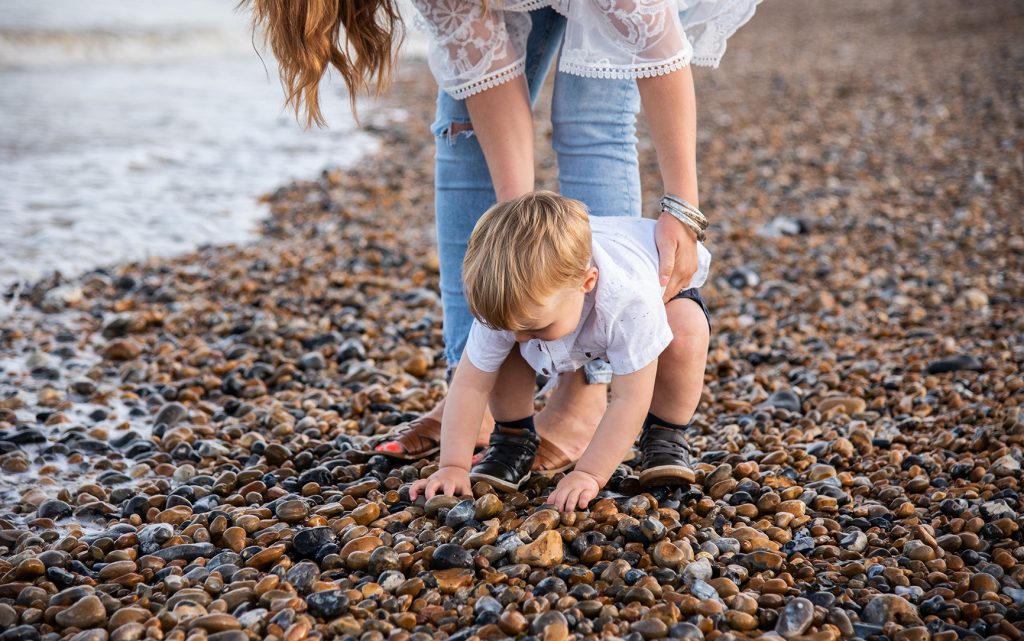
Charlotte isn’t just referring to her experience in dealing with a baby born with special needs. She suffered with serious post-natal depression after the birth of her first son, Henry, and, although it’s regrettable she had to suffer the illness, it gives her yet another insight into the challenges which can beset so many mothers at a very vulnerable time and she can guide them in the right direction to seek expert help. After her first baby, Charlotte believes she could have found support quicker if she’d known where to look.
“I ended up walking into A&E,” she shrugged. “I didn’t know where else to go. My GP wasn’t equipped with the knowledge to help me. Heading to hospital was me asking desperately for someone to hear me. The help is out there and it does makes a dramatic difference. I coped with Eddie’s health problems so much better because of the support I was given after having Henry.”
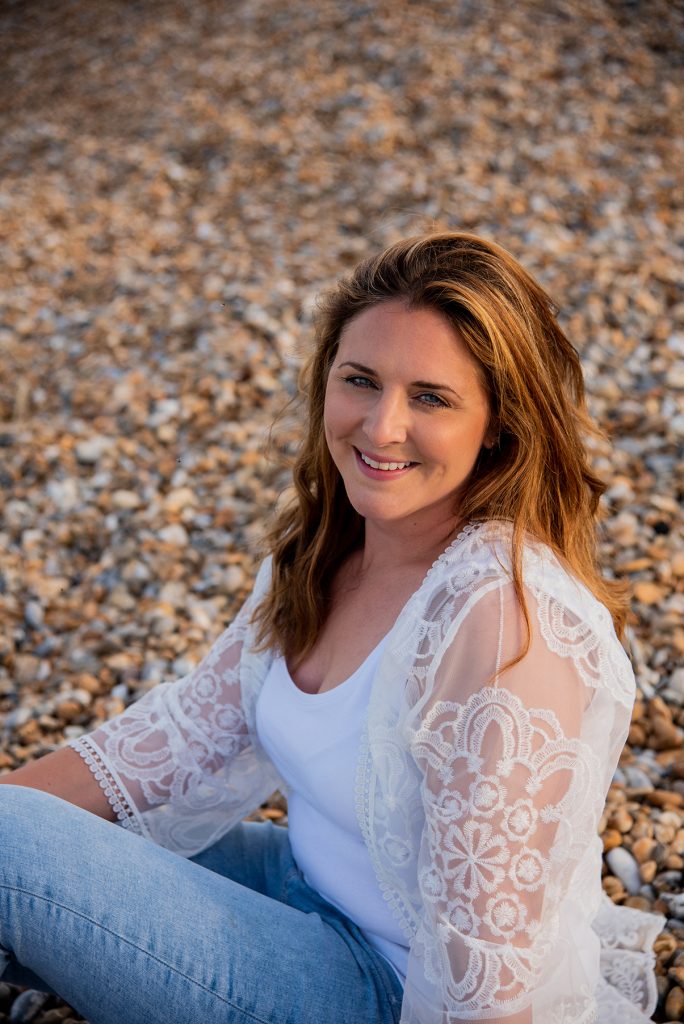
Over beautifully presented plates of poached eggs on toast, Charlotte and I compared notes on post-natal depression. I make no secret of my mental health being muddled after having babies, particularly my third. Whilst my decade of motherhood has been a largely positive and rewarding period with the highs always outweighing the lows, when the lows came – they were excruciating. I’ve spent the last few years running from them, filling my life with elevated experiences which I label as “adventures”. It’s why I swim in the sea, walk rivers, run country lanes and immerse myself in meaningful creative projects. It’s why I chase energy and momentum. I figure that as long as you keep moving, the darkness will never catch up with you. It’s driven by fear but I see it as a constructive way of managing something which is always threatening to drag you backwards. Funnily enough, I’ve even managed to build a photography brand and earn an income from it. Everyone’s experience of mental health problems is different but what united me and Charlotte in that coffee shop was the awareness that we were stronger women after battling something so dangerous.
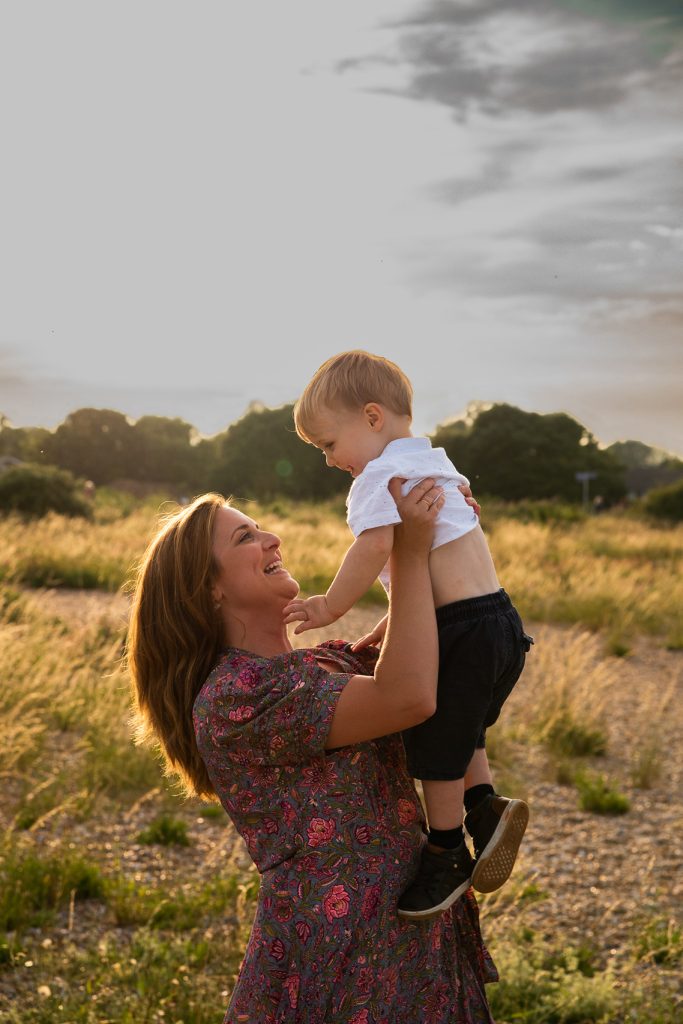
There are many aspects of Charlotte’s story which so many women will relate to and draw courage from. It has the power to equip mothers with the strength to support a child with special needs as well as encouragement for anyone experiencing symptoms of post-natal depression. Overall, this is a tale about mental health. That’s the conversation I want to start. The remit of the #makingwavesproject is to spark exchanges between women, to introduce new ideas and spread positivity, to show that adversity can be overcome. Love really does conquer all.
“It is essential that mothers find a community of lived experience,” Charlotte said simply. “Having relocated from London, I find that support groups are few and far between here. That’s what I wanted to change. Since moving to Kent, I’ve reached 300 families in 12 months and, however big or small, feel I’ve made a difference.”
I was so impressed to hear how Charlotte has utilised the power of writing to engage with mothers who have birthed babies with medical conditions, genetic conditions, suffered a brain injury at birth or during pregnancy or were born prematurely or, regretfully, lost. The book ‘Miracles and Shining Stars’, in aid of Bliss UK and Sands UK, includes works from over 50 authors, including mothers, extended families, neonatal nurses and consultants. It is a powerful collection of unique, courageous, heart wrenching and hopeful- poems of love which enables women to share and gain closure on their experiences. I am a firm believer in journaling and creative writing as a therapeutic outlet for anyone who is experiencing or experienced adversity. Three years ago, I set up a writing group, a safe space for people to release their inner thoughts, to escape from the groove of daily life. It has weathered lockdown and is still ticking along nicely.

Of course, before Charlotte and I part, I ask after her beautiful blond blue-eyed boys, Henry and Edward but particularly Eddie who is now three.
“He’s doing really well,” Charlotte smiled proudly. You might not know there’s anything different about him and you know what? It doesn’t matter if there is.”
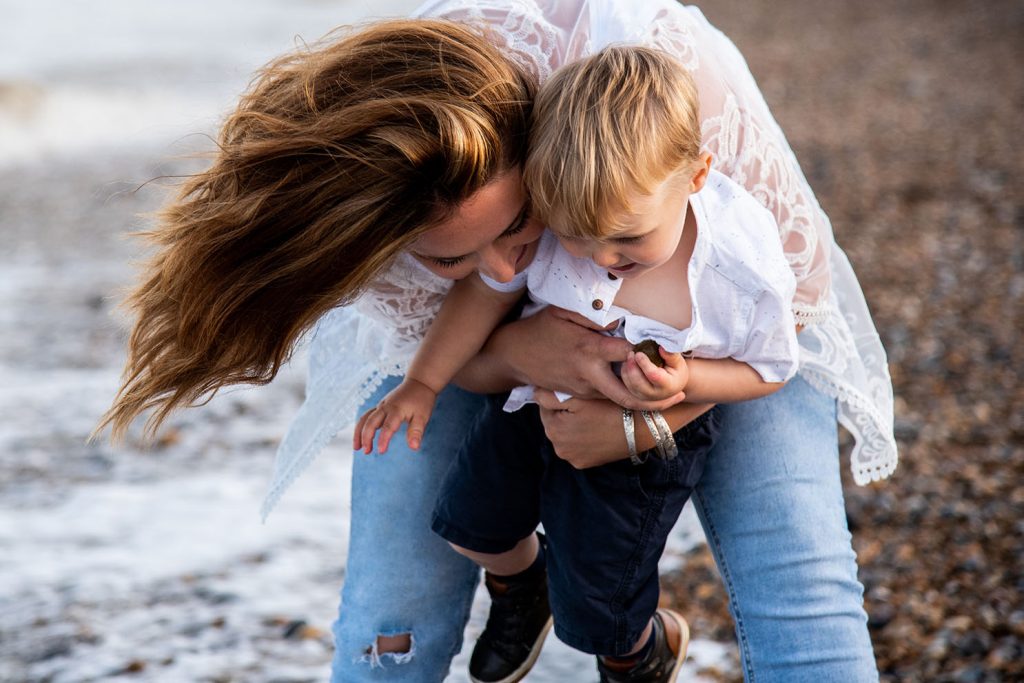
The time Charlotte and I spent together was emotional and energising. “You lifted my spirits,” she told me afterwards, to which I replied, “You lifted me too. Recharged me.” When women come together as their authentic selves, amazing things can happen. I’d been having a low week prior to meeting Charlotte. As with all tales in the #makingwavesproject, listening to her story and trying to do it justice on paper gave me focus and purpose. Her genuinely selfless passion to connect with other mothers moved me. Her fortitude and gumption rubbed off on me. It’s yet another example of how much women need each other and the extent that we can help each other. I can see that Charlotte has barely started in her mission to make a difference to new mothers and I have no doubt that she will continue to give, support and grow as the years unfold.
If you feel you need her, tell her.
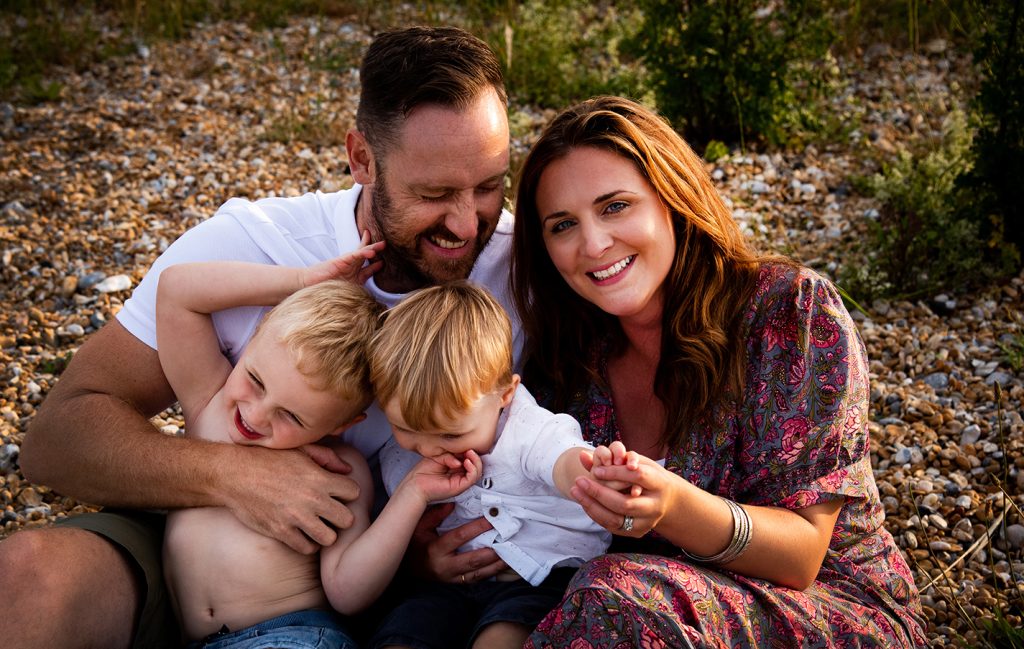
Other tales from the ‘Making Waves’ series which you may also like:
Supporting mothers and empowering children with artist Katie Manning: “That was the moment that I realised I had to draw cleft-affected people…”
Regaining your identity after having a baby with India Pearson – “It’s not healthy to be absorbed by one thing.”
Talking adventure with photographer, Girl In A Yellow Jacket: “I came to England because I was looking for adventure. I had £50 in my pocket. No job. I didn’t know anybody at all. It was a crazy thing to do on my own.”
“Celebrating Life and Acknowledging Loss with Imogen Tinkler: “You can’t out-run grief. It follows you like a shadow.” Dedicated to all the parents, babies, siblings and families touched by a premature baby
How sea glass changed Archie Archer’s life: “My whole life I’ve had these bonkers adventures. Now I feel as though I’m living. I could never leave the sea.”
Empowering women with fitness and mindset coach Cat Pellow: “I’ll never forget the moment someone shouted, “Fat Cat!” at me across the road.”
Never Giving Up, with World Champ Paralympian Sailor Hannah Stodel – “Sailing was a way for me to be normal. Nobody looked at me like I was disabled.”
Pushing Boundaries with Channel Swimmer Abhejali Bernadova – “It’s definitely all about the mind. Our mind limits us too often…”
